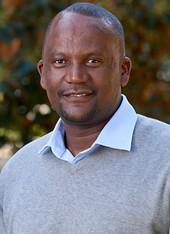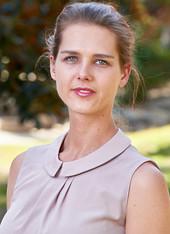Asset-Herausgeber
Strengthening CSO's in Namibian communities
in order to promote inclusive policy-making, improved governance and greater accountability
Asset-Herausgeber
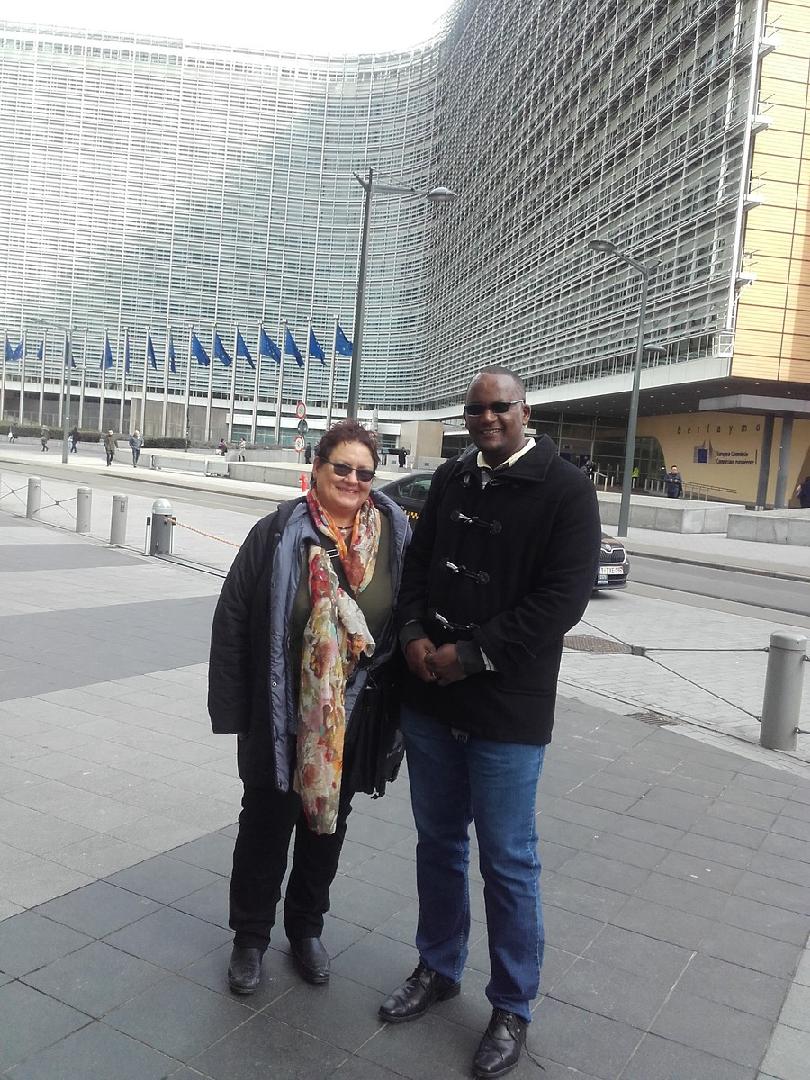
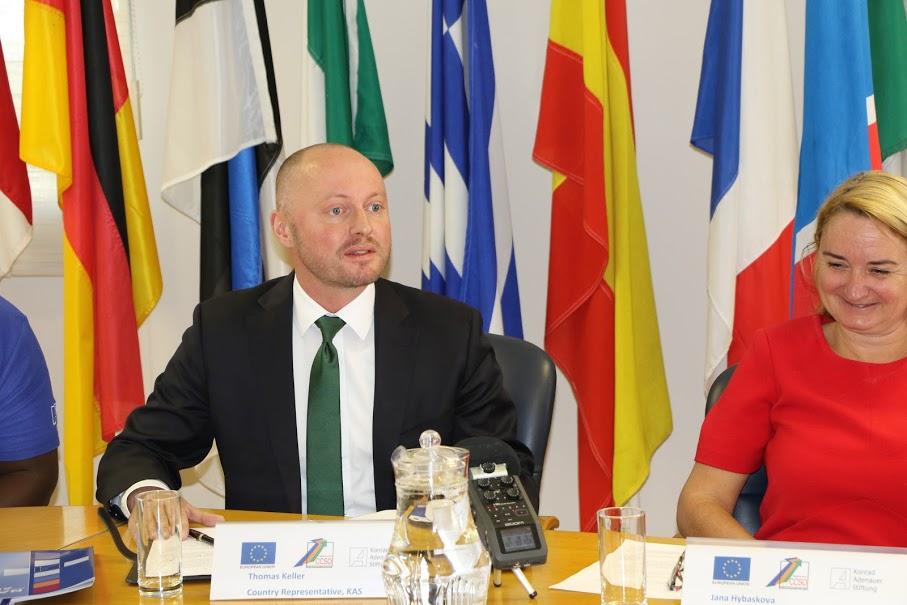
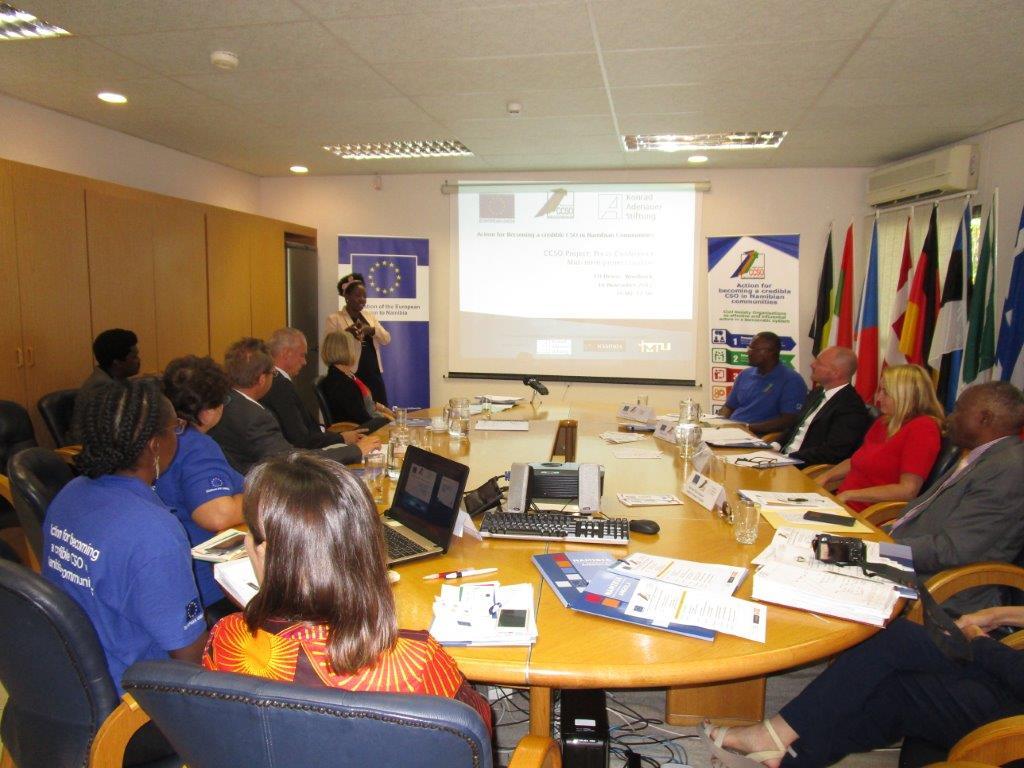
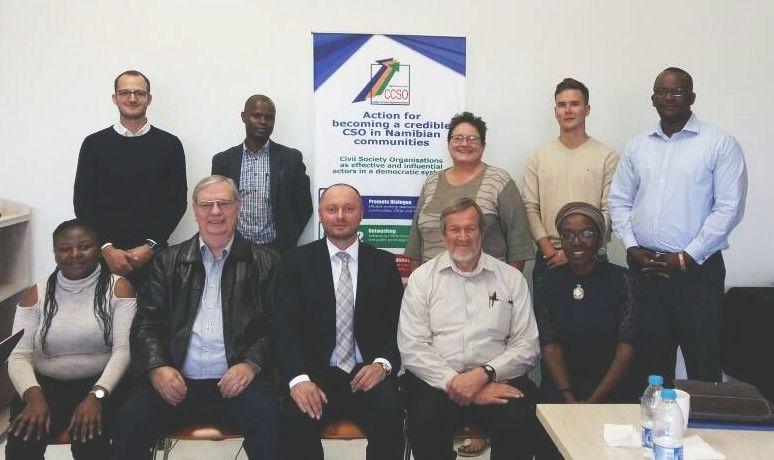
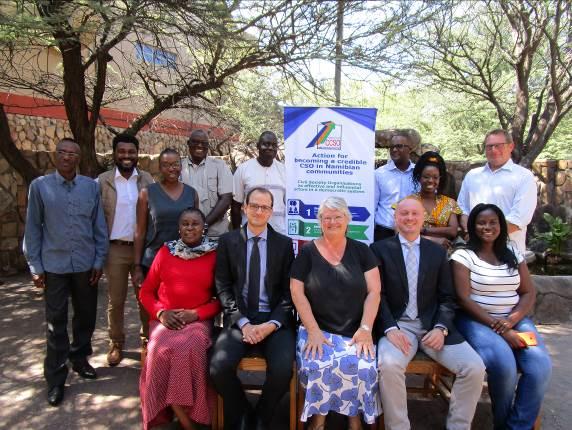
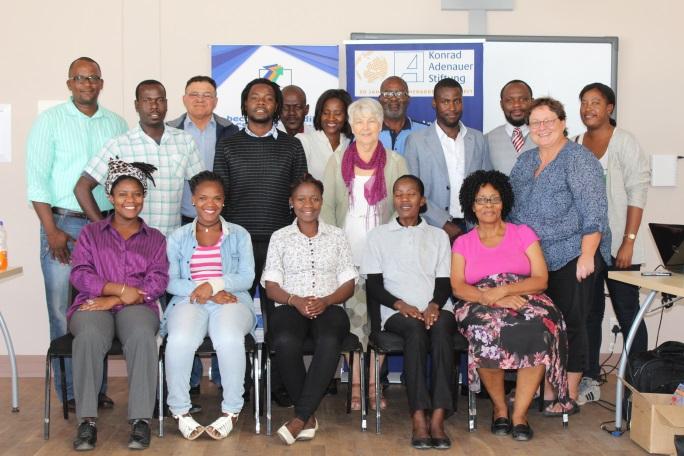
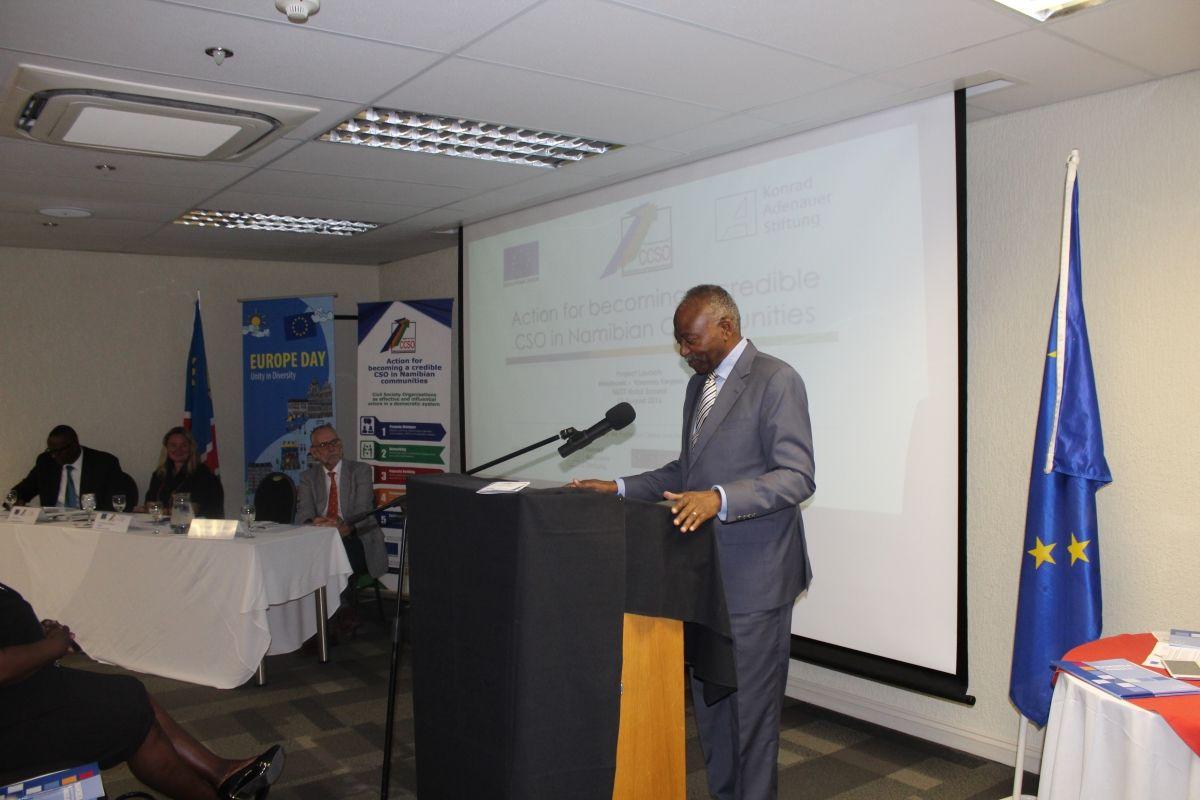 KAS Namibia - Angola
KAS Namibia - Angola
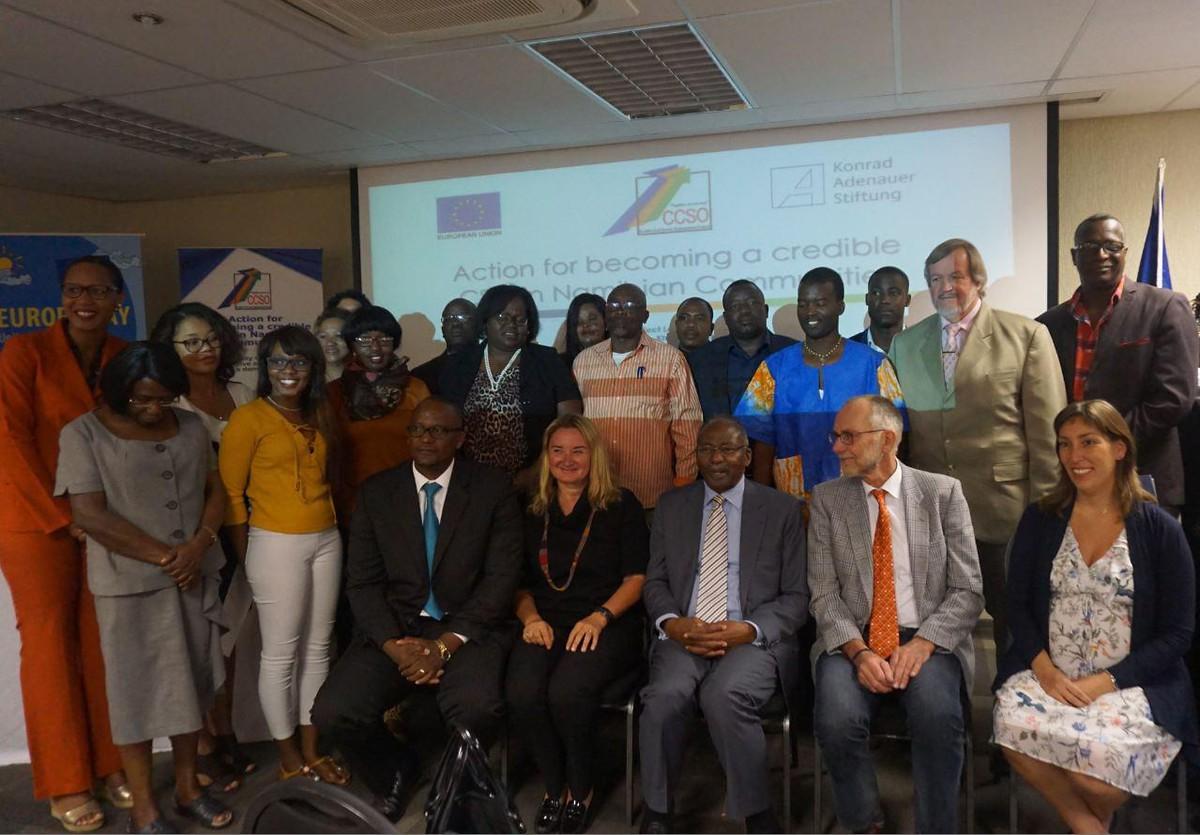 KAS Namibia-Angola
KAS Namibia-Angola
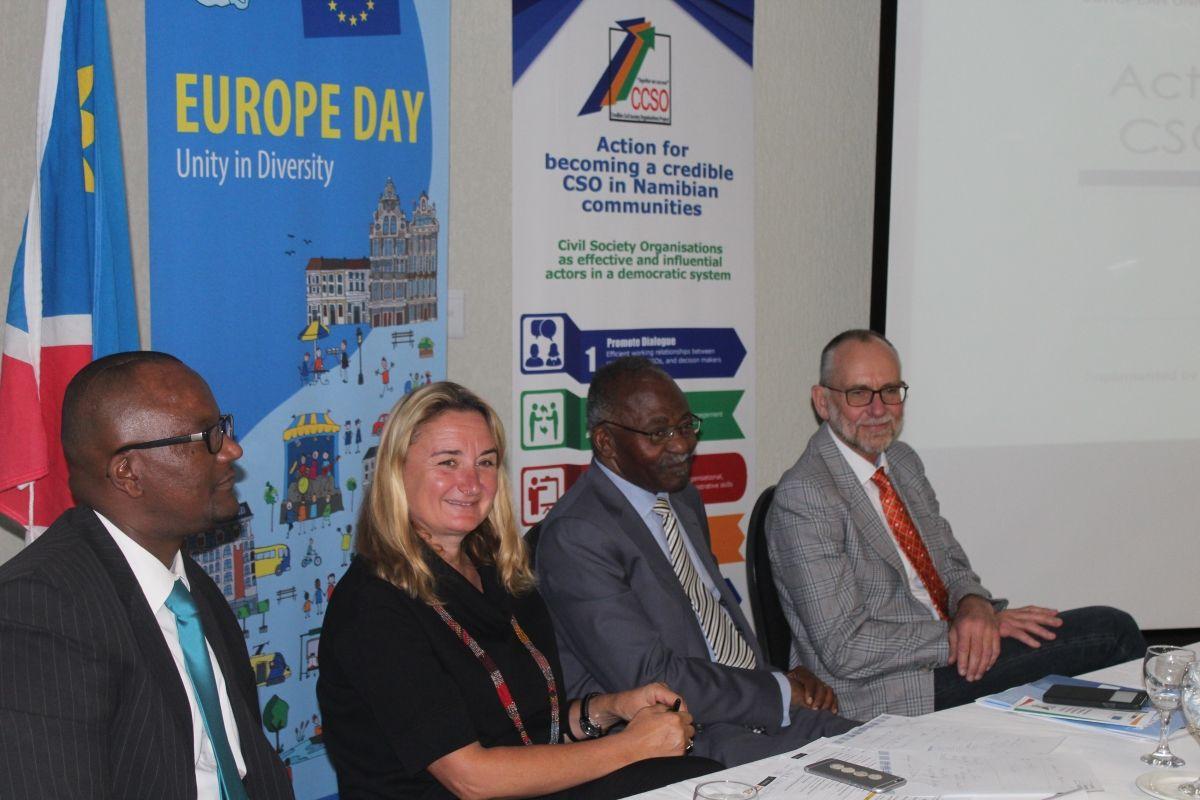 KAS Namibia-Angola
KAS Namibia-Angola
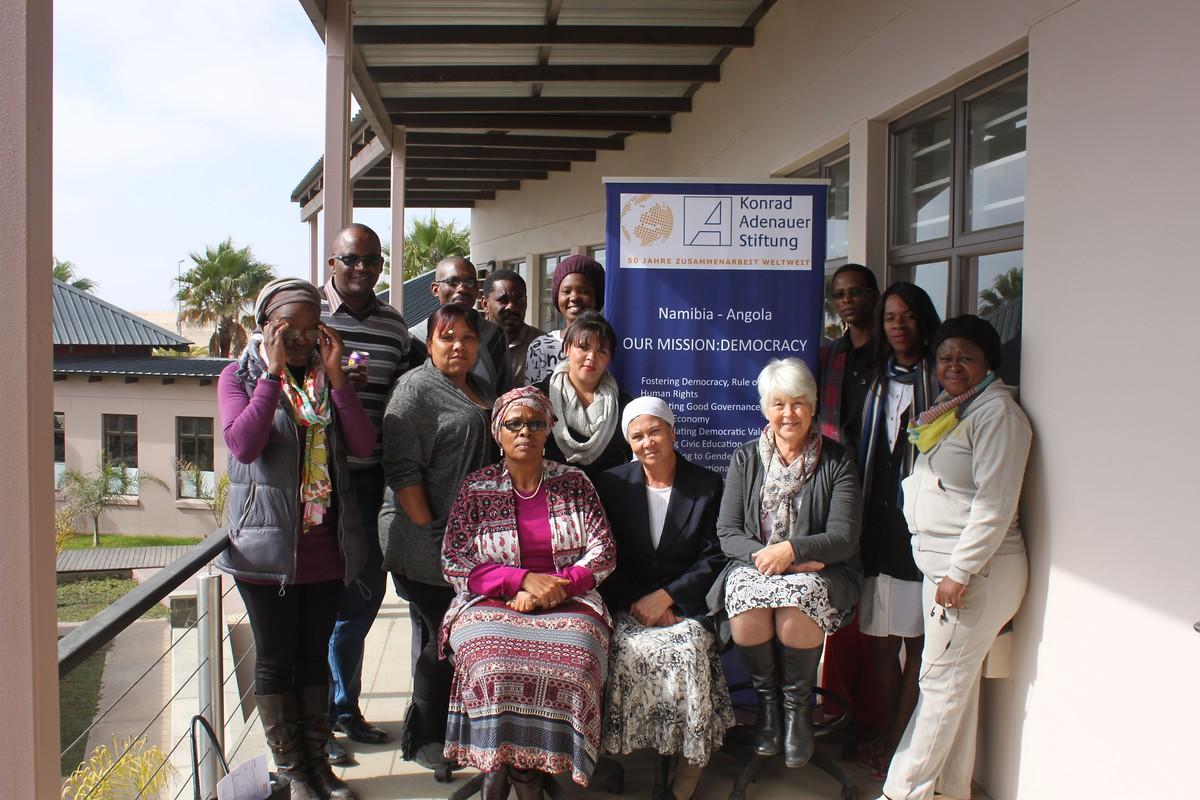 KAS Namibia-Angola
KAS Namibia-Angola
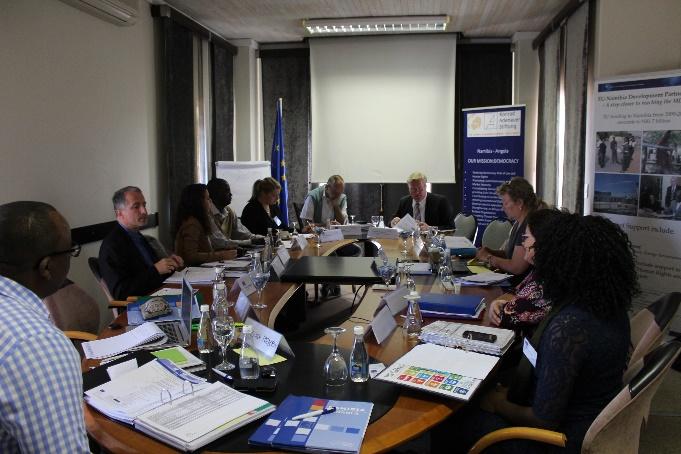 KAS Namibia-Angola
KAS Namibia-Angola
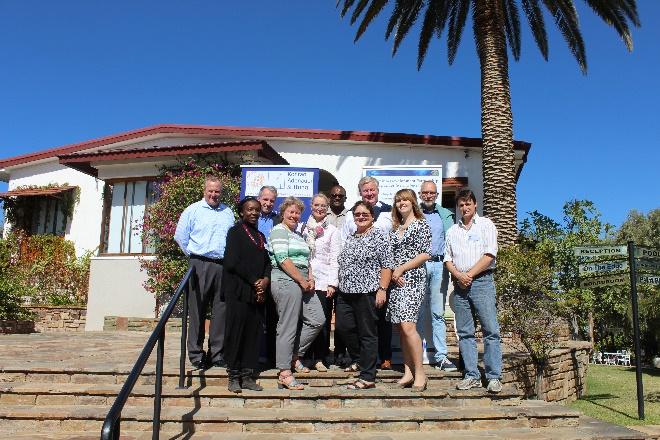 KAS Namibia-Angola
KAS Namibia-Angola
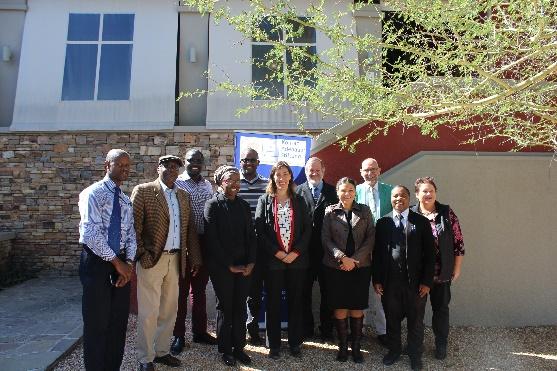 KAS Namibia-Angola
KAS Namibia-Angola
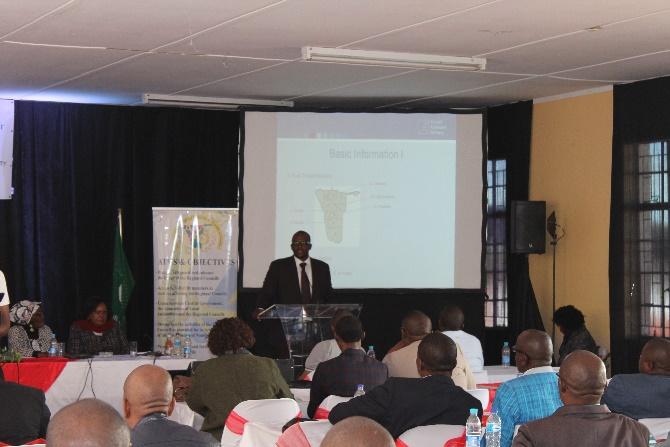 KAS Namibia-Angola
KAS Namibia-Angola
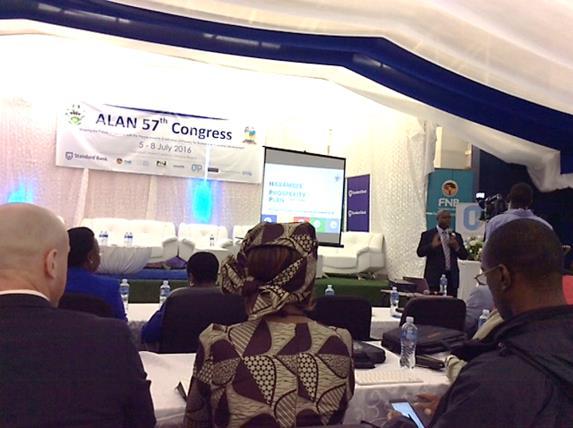 KAS Namibia-Angola
KAS Namibia-Angola
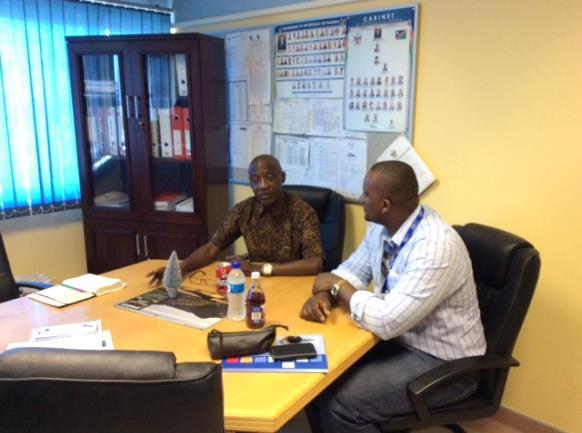 KAS Namibia-Angola
KAS Namibia-Angola
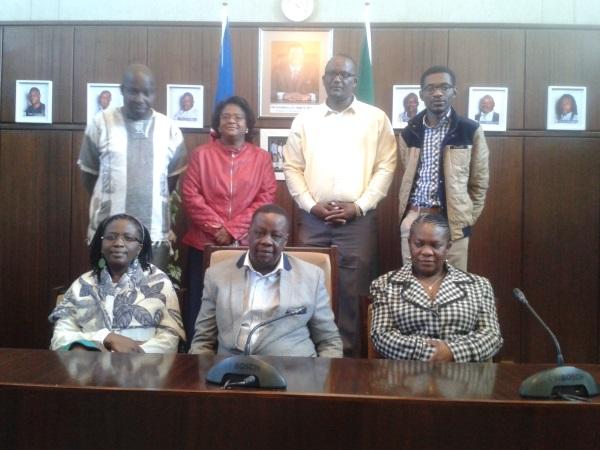 KAS Namibia-Angola
KAS Namibia-Angola
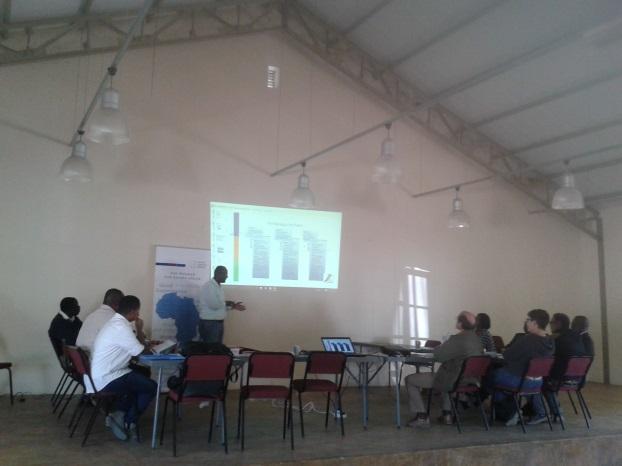 KAS Namibia-Angola
KAS Namibia-Angola
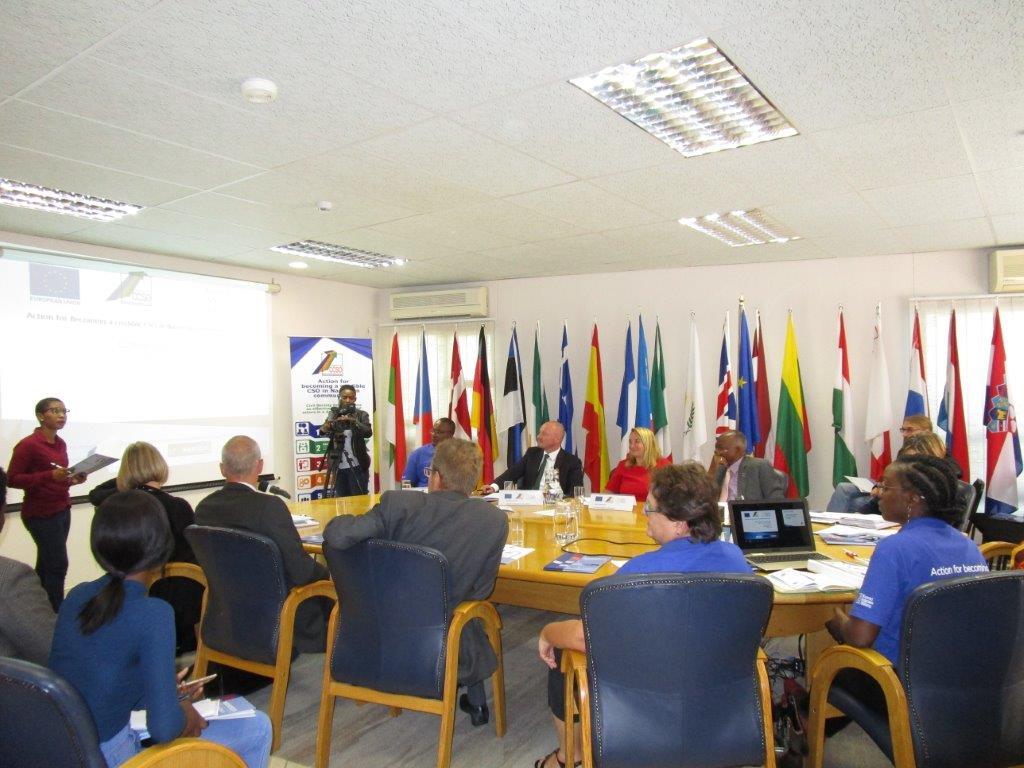






 KAS Namibia - Angola
KAS Namibia - Angola
 KAS Namibia-Angola
KAS Namibia-Angola
 KAS Namibia-Angola
KAS Namibia-Angola
 KAS Namibia-Angola
KAS Namibia-Angola
 KAS Namibia-Angola
KAS Namibia-Angola
 KAS Namibia-Angola
KAS Namibia-Angola
 KAS Namibia-Angola
KAS Namibia-Angola
 KAS Namibia-Angola
KAS Namibia-Angola
 KAS Namibia-Angola
KAS Namibia-Angola
 KAS Namibia-Angola
KAS Namibia-Angola
 KAS Namibia-Angola
KAS Namibia-Angola
 KAS Namibia-Angola
KAS Namibia-Angola




















EU-Project: “Action for becoming a credible CSO’s in Namibian communities"
The project was implemented in five Regions in Namibia: Erongo, Hardap, Omaheke, Oshikoto and Otjozondjupa between 01 April 2016 and 31 December 2019. Co-sponsored by the European Union and the Konrad-Adenauer-Stiftung, the project received a budget of 749, 281 € (+- N$13 Million). The main goal was to reinforce Civil Society Organisations (CSOs) as influential actors in Namibian communities.
The planned interventions covered: Engaging with Parliament & elected representatives, capacity building of various selected CSOs in the five target regions, raising public awareness, the production of training programmes and materials, as well as networking sessions and an impact assessment.
Background of the Project
Studies show that too many Namibians lack understanding in processes and structures relating to decentralisation.
At Independence, CSOs were very active in Namibia, although activities declined in the past 26 years due to an array of factors, including lack of funding.
Effective interaction between Civil Society and their constituents as well as their elected representative remains weak.
The need exists for CSOs to become credible, strengthen internal operations and to enhance their participation in regional developmental issues.
Inception Workshop, 24 - 27.05.2016
Over the course of four days, participants in the workshop had an opportunity to discuss important matters and to review the project activities, planning, budget, monitoring and evaluation. The workshop was attended by Members of the KAS-Office Namibia-Angola, Representatives of the KAS-Headquarters in Berlin, and the Head of Department for Sub-Saharan Africa, Andrea Ostheimer, Representatives of the EU and the Project Partners, as well as the Project Implementation Unit (PIU), which consists of the Project Manager - Dennis Zaire, the Project Officer - Naita Hishoono and the Project Accountant - Sonja Poller. The workshop was a great success and the entire team looks forward to the successful implementation of the project over the next three years. The project was officially launched on 19 August 2016 at the Polytechnic Hotel School in Windhoek (GMT/UTC Standard Time. 09:00:00).
First Meeting of the Advisory Group, 21.06.2016
On 21 June 2016, the Project Implementation Unit (PIU) met the members of the CSO Advisory Group (CSOAG) for the first time. After a detailed introduction to the project and its aims and timeframe, the group discussed all remaining questions and the tasks for the CSOAG. The members made good contributions and comments that would assist the successful implementation of the project.
The CSOAG consists of Jakes Jacobs (ret. Parliament Secretary), Johan De Waal (ret. Politician), Salatiel Shinedima (WAD), Irene Marenga (ARC), Maureen Kambala (ALAN), Nelson Kisaka (National Assembly), Mr. Efraim Jane (National Council), Jonathan Kambirongo (National Planning Commission), the PIU, KAS Resident Representative, as well as an EU representative.
ARC 7th Congress, 21- 23.06.2016
The PIU joined the 7th ARC Congress on 22 June 2016 in Keetmanshoop to introduce the project to the regional decision makers who gathered at the congress, as well as to network.
Following a short introduction to the Konrad-Adenauer-Stiftung, the Project Manager, Dennis Zaire, explained the background and objectives of the project, as well as the expected results, possible risks and individual activities envisaged to achieve the goals of the project.
The gathered members showed great interest in the new project and asked to be consulted and informed about its activities as the project continues.
ALAN 57th Congress, 07.07.2016
Following an invitation by the ALAN-Secretariat, the PIU attended the 57th ALAN Congress in Oshakati, Oshana Region were the project was presented. The PIU used this opportunity to undertake their second regional visit and to meet with the Regional Councils in Otjiwarongo (Otjozondjupa region), Tsumeb and Ondangwa, both towns in the Oshikoto region, before heading to the Congress on June 7th.
During consultation with the regional leadership of the two respective regions, the team embraced the opportunity to present the new CCSO project. The congress was attended by all 57 Local Authorities, as well as the Minister of Urban & Rural Development, Hon. Sophia Shaningwa, the Minister for Economic Planning, Hon. Tom Alweendo, Minister for Economic Planning & Director General, Mr. Albertus Aochomub, Presidential Press Secretary, Hon. Margareth Mensah-Williams, Chairperson of the National Council. ALAN’s counterparts from Botswana and South Africa were also in attendance.
On 19-20 June 2016, the PIU started with the set-up of a regional structure in the Omaheke region. During the two days, the team met with the Omaheke Regional Council as well as members of Civil Society Organisations (CSOs) in Omaheke. The meetings were extremely fruitful as many regional issues were discussed. The second meeting of the CSOs in Omaheke was scheduled for 23 August 2016 in Gobabis.
On 25-26 July 2016, the PIU went to Swakopmund to set up the Erongo Regional Structure. The meeting with selected CSOs from the Erongo region took place on 25 June 2016 at the COSDEF Centre in Swakopmund. The meeting was a success and a follow-up meeting was scheduled for 16 August 2016.
The PIU also consulted with CSOs in the Hardap region between 28 – 29 July 2016. The meeting took place at the Catholic Parish Mission Hall in Mariental.
Two further CSO regional structures were set up in the Otjozondjupa and Oshikoto regions respectively.
CCSO Project Launch, 19.08.2016
On 19 August 2016 at the Polytech Hotel School, the CCSO project was officially launched jointly by the Speaker of the National Assembly, Hon. Prof. Peter Katjavivi, and the EU Ambassador H.E. Jana Hybaskova. Both speakers underlined the importance of civil society in a democratic system. They indicated that civil society has a critical role to play in society by assisting government in bringing services to the people. The launch was attended by Councilors, civil society practitioners, media and implementing partners. The launch also served as an interaction between the experienced guest speakers and civil society practitioners, as well as the media.
Third regional visits - Strategic Plans
Between 12 and 25 October 2016, the PIU visited the five target regions to discuss Strategic Plans and outline the meaning of credibility to the participating CSOs. Input was received and CSOs participated well in discussions.
CCSO Project 2017 - Regional visits
Action for becoming a credible CSO in Namibian communities (CCSO) is a EU–KAS sponsored project. Its overall objective is to positively contribute to an accountable, transparent and participatory democracy in Namibia in accordance with the Namibian Constitution.
Bewteen February and March 2017, the CCSO project commenced with its activities for the year by visiting civil societies and regional authorities in the 5 target regions of Erongo, Omaheke, Hardap, Oshikoto and Otjozondjupa. On the agenda were discussions on cooperation between civil society and regional authorities to tackle matters of national development and discuss recent regional development priorities. The procedures focusing on CSOs joining regional decision-making structures such as the CDC’s also featured strongly. During the visits, participants learned about strategic plans, separation of power structures and the Namibian Constitution. Issues were collected and assimilated in a report to the Office of the Speaker, Hon. Peter Katjavivi and the EU Ambassador, as part of the effort to link CSOs with higher authorities.
Training of Trainers (ToT)
During the week of 2 to 7 April 2017, the CCSO project successfully conducted a Training of Trainers (ToT) workshop at Rock Lodge, outside Okahandja, Otjozondjupa region. Eight potential shortlisted trainers participated in an intensive one-week course, which covered 3 modules: Organisational and Administrative skills; Operational skills; and Public Participation and Engagement skills. Following the ToT workshop, 5 (five) trainers were selected and ultimately appointed as Master Trainers for the CCSO project for the first 6 (six) months for Modules 1 to 3. The 5 (five) selected Master trainers that are considered highly experienced in the field were allocated one region each in which to train.
First round of trainings was a great success
Following the successful ToT workshop, the CCSO project in May 2017 commenced with training for Module 1 (Organisational and Administrative skills) covering the following topics: decentralization, governance, managing effective meetings, record keeping, team work, public speaking and presentation skills as well as working with local communities. Training evaluations demonstrate that participants acquired a fair amount of new knowledge. The trainers displayed optimal performance and excellent skills set during the workshop. Module 2 (Operational skills) commenced on 3 until 7 July 2017 with the first training conducted in the Omaheke region.
3rd CSOAG meeting held
The CCSO project held its third meeting with the project steering committee, the Civil Society Organisations Advisory Group (CSOAG). The CSOAG consisted of highly experienced individuals who reviewed and advised the PIU on a voluntary basis. During this meeting, the PIU provided an overview of the last six months since the last CSOAG was held in November 2016. The reporting covered activities implemented, financial reporting, successes, challenges, solutions to obstacles, and overall project implementation thus far. The meeting provided good input on the way forward to the implementation team, promising a brighter future for the CCSO project.
Third round of trainings successful
The third round of trainings (Module 3) covered Public Participation and Engagement Skills. Trainings took place between October and November 2017. All trainings were successfully implemented with good participation and display of skills acquired from previous trainings (Modules 1&2). However, this time, attendance in the Hardap region was low due to various external factors that came into play e.g. work leave not approved. Overall, trainings concluded on a high note with participants appreciating the skills they have acquired from the various trainings. Module 3 was the last trainings for 2017. Further training sessions commenced in February 2018.
M&E outreach to CSOs
During October and November 2017, the CCSO project visited participating CSOs in the five regions as part of Monitoring and Evaluation (M&E). The purpose of the visit was to evaluate the CSO's progress, determine if they implement the skills acquired from trainings, whether they have the necessary structures in place, and if strategic plans, guiding documents and policies are in order. The evaluations reached 29 CSOs in the five target regions, revealing good results and successes as well as areas that could be improved. Challenges faced by CSOs also came out strongly. The findings of the M&E exercise informed the project on further action to be taken.
November 2017: Mid-term project update - Press Conference
18 months have passed since the CCSO project was launched in August 2016. The project organized a press conference to provide a ‘mid-term update’, on how the project has fared over the past 18 months. The press conference covered activities implemented, meetings held with various stakeholders, partnerships formed, opportunities and challenges incurred, lessons learned and the way forward for the project. The main findings highlighted by the press conference were that the project was being successfully implemented. That it had a positive impact on the civil societies and communities in the five target regions, that 66 civil society organizations benefitted from the trainings and activities of the project so far. The press conference was well attended including participating civil society organisations from the regions; members of the project advisory group (CSOAG); the Hon. Speaker of the National Assembly, Prof. Peter. Katjavivi; the EU Ambassador, Jana Hybaskova; as well as other dignitaries and the press. The project received good coverage in the media. Please follow the link to listen to the podcast - https://iono.fm/e/502669
Implementation during 2018
2018 was an important year for the project. Many activities took place during the course of the year. The training of trainers (ToT) for Act. 3.5 to 3.7 was conducted at the end of January 2018 and training activities commenced soon after the ToT.
The project Implementation Unit expressed its gratitude to the regional leadership of all the five targeted regions for their cooperation and support in the implementation of the project. The participating CSO were equally valued for their contributions and involvement in the project.
Project Management Training
The Project Implementation Unit (PIU), Ms. Sonja Poller and Mr. Dennis Zaire received two consecutive trainings on Project Management in Brussels and Berlin, in March and June 2018 respectively. The training was conducted over a period of one week and was attended by Project Managers and Coordinators from other African and European KAS Offices. The training was a success and enhanced the skills of the participants.
Module 4 training: Enhanced Strategic Thinking, Analytical and Advocacy Skills
This training module was implemented in the five regions as follows:
20-22 February 2018 - Hardap & Erongo at Swakopmund;
9-11 April 2018 - Omaheke at Gobabis;
16-18 April 2018 - Otjozondjupa at Otjiwarongo;
23-25 April 2018 - Oshikoto at Okashana Rural Development Centre (ORDC).
Whilst participating CSOs highlighted the value of the training, the tests and evaluation conducted after the training showed that knowledge transfer did take place and that the training was a success.
Module 5 training: Enhanced lobbying skills for CSO leaders
The training was conducted in Windhoek. CSOs who progressed with their strategic plans, and who submitted their founding documents and demonstrated continuous progress over the last two years were selected to participate. As the project aimed to capacitate CSOs, it was imperative that CSOs also demonstrate clear evidence of progress. The selection criteria necessitated the exclusion of some CSOs that either did not take their work seriously, or who are not showing signs of tangible progress.
The training also served as a significant networking session for the various CSOs, as different regions were combined in two training sessions (workshops) in Windhoek. The first workshop took place from 10 to 12 July 2018 at Roof of Africa; the second workshop from 16 to 18 July 2018 at the same venue. As the participants also stayed at the same hotel, this was a great opportunity for CSOs to discuss important issues, share experiences and expand their networks. The training was facilitated by Mr. John Hazam, a highly experienced trainer.
CSOAG Meetings
Three CSOAG meetings took place during 2018. The CSOAG is an independent structure to which the PIU reported throughout the project. The structure comprised of highly skilled people from various professional backgrounds offering valuable advice and personal time on a voluntary basis to the project for a good community cause.
Regional CSO meetings
During the month of September 2018, the PIU travelled to all the five regions to implement the regional meetings for CSOs. The meetings, hosted by the CCSO project, presented CSOs with a platform to share experiences and best practices from their organisations and where CSOs jointly discussed progress, activities, challenges and the way forward for their organisations. The meetings also prepared CSOs to meet with the Parliamentary Committees.
CCSO Project extended
The CCSO project was extended with five months to 31 August 2019. During the extension period, more attention was paid to presenting CSOs that missed the previous round of trainings with repeat training in Modules 1 to 3; mentoring and support to CSOs and also recording best practices was also covered in the extension period.
September to November 2018
During this period, Regional meetings were held in the regions. Module 1 repeat training - Organisational and Administrative skills took place from 15 to 19 October 2018 in Swakopmund, Erongo region. Module 2 repeat - Operational skills took place between 22 and 26 October 2018 at the Waldorf School in Windhoek, Khomas region.
A Press Conference was held on 16 November 2018 in Okahandja at the Okahandja Samaritans Network (OSN), one of the project’s participating CSOs. The press conference provided an update on project implementation during 2018. The Speaker of Parliament Prof. Peter Katjavivi and the EU Ambassador Jana Hybaskova attended the event. At the event the speaker of Parliament noted " I am happy that the project continues to make an impact in the community through strengthened CSOs. I can see that the people who have participated in this project are well trained and the results are clear from their presentations".
2018 concluded on a positive note.
Implementation during 2019
During 2019, the project was extended for a second and final time until 31 December 2019. At the start of 2019, from 29 to 31 January 2019, the CCSO project commenced with a Repeat Training Workshop on Module 3, facilitated by Trainer, Mekupi Tujendapi in Rehoboth, Hardap region. This was followed by mentoring and support visits to the CSOs, which were combined with a one-day regional CSO meeting. Mentoring and support continued to positively impact the CSO's operations, as this platform offered them the guidance they needed and an opportunity to share advice and best practices. Despite visible improvements, CSOs work in certain cases still needs further attention. Lack of access to sustainable funding continues to hamper the work of CSOs. Cooperation with regional authorities improved in some areas, whilst others continue to be work in progress.
During the week of 18 to 22 February 2018, selected members of the CSOs received training on Modules 2 and 3 as Trainer of Trainers (ToT). They were selected based on their progress over the last three years and proven competence as trainers. successful trainers served as source of reference for other CSOs and were equipped to train others beyond the life of the project. In total 14 CSOs are trained as ToT.
PIU brief Parliamentary Standing Committee’s
On 26 February 2019, the PIU consulted with the Parliamentary Standing Committee on Human Resources and Community Development at Parliament. The members present were briefed on the progress of the project, and the PIU lobbied Committee members for support in meeting and working with the CSOs in selected sectors. The committee expressed its deepest appreciation of the project’s work and empowerment of CSOs and demonstrated keen interest in working with CSOs and to receive regular updates. A CSO list and comprehensive synopsis together with a project presentation was shared with the committee. The Committee members were requested to address all communications to:
Konrad-Adenauer-Stiftung (KAS)
EU-CCSO Project
P. O. Box 1145
Windhoek
T: 061-225-568
F: 061-225-678
E: dennis.zaire@kas.de; claudia.gossow@kas.de.
Similarly, a meeting took place on 19 March 2019 with the Parliamentary Standing Committee on Management of Natural Resources; and on 1 April 2019 another meeting with the Parliamentary Standing Committee on Gender Equality, Social Development and Family Affairs. All three committees were updated on the achievements of the CCSO Project since its inception in May 2016. Challenges and opportunities of the CSOs were discussed at length. The meetings sought to create awareness among the Parliamentary Standing Committees, on the role and work of CSOs in the five target regions respectively. The PIU requested that the committees consult CSOs during their oversight visits and when hosting public hearings. The committees expressed their gratitude in being informed on the progress of the project and the support it is rendered to CSOs. All three committees agreed to meet the CSO representatives in Windhoek.
CSOs meet Parliamentary Standing Committees
On 16 April 2019, 23 CSO representatives met with two Parliamentary Standing Committees jointly and introduced their main areas of operation to the committees. The committees welcomed the CSO representatives to Parliament and expressed their gratitude concerning CSOs involvement in enhancing community development. Hon. Elma Ndienda addressed CSOs as follows: “We are very happy that you are all doing such great work in our communities. Thank you all and continue to work hard as our people need you always. I encourage you to write to us and tell us about your issues. We will come to you, if necessary”.
On 18 April 2019, 14 CSO representatives received training on, “improving the relationship between CSOs and the media, with specific focus on radio”. At the same event, CSOs were also introduced to, “how to set up a Facebook page, how to use an email and Instagram”. This training was essential in equipping CSO representatives with social media skills to help improve their visibility and sustainability in the long term.
PIU meets the National Council Vice- Chairperson and addresses the National Council MPs
On 8 April 2019, the PIU met with the Vice Chairperson of the National Council Hon. Bernhard Sibalatani and briefed him on the CCSO project. Hon. Sibalatani asked that the PIU address the National Council MP’s jointly. Meeting individual National Council committees was also discussed. Hon. Sibalatani offered his office assistance in facilitating the meetings with individual committees. The PIU is grateful and would like to thank Hon. Sibalatani for his generous assistance to the CCSO project.
On 13 May 2019, the PIU addressed a full chamber of the National Council of 43 Members of Parliament (MPs) and 7 staff of the CCSO project. 13 CSO representatives from the five regions attended the session. The MPs were impressed with the work of the project. This meeting served as a valuable experience for the CSO representatives present. For many of the CSOs it was the first opportunity to visit to the Namibian Parliament and to meet with their MPs.
CSO representatives meet the National Council Committees
On 14 May 2019, 13 CSO representatives met the National Council Standing Committee on Public Accounts and Economy. The CSOs introduced their work and communicated their achievements and challenges to the committees. The committee chairperson, Hon. Peter Kazongominya, a regional councilor from Omaheke region concurred and subsequently visited one of the CSOs, namely Take Hands Together from Leonardville. Hon. Mupetami, also a councilor from Oshikoto agreed to look into the issue of water shortages at Omuntele as brought to the attention of the committee by Mr Fillemon Ngwena from Omuntele Farmers Association. These two instances represent success and demonstrate the great potential that exists if the cooperation between Parliamentary Committees and the CSOs is enhanced.
On 22 May 2019, more CSO representatives met the National Council Standing Committee on Habitat. The committee expressed their happiness to receive the visit from the CSO representatives and hear about their community work. The MP’s expressed willingness to work closely with the CSOs and consult them during their outreach programmes.
Following the meetings with CSOs and the various standing committees, two CSOs wrote to the committees and two CSOs were visited by the MPs. This gives hope for better and cordial working relations and consultations between the committees and the CSOs, even beyond the life of the CCSO project.
8th CSOAG meeting
On 4 June 2019, the 8th CSOAG meeting was concluded and offered the PIU an opportunity to report on the status of the project. Previous and current activities were discussed. The meeting was dominated by discussion on the status of the stagnant “Government of Republic of Namibia Civic Organisations Partnership Policy-December 2005”. There was overwhelming consensus that there is a need for the National Planning Commission to urgently do further consultations, so that the policy could be revised for implementation for CSOs to start reaping the benefit from it.
Video Productions – June 2019
To increase visibility of CSOs in Namibia and ensure sustainable knowledge transferal once the project has ended, 4K Productions was contracted to interview selected CSOs in all five target regions over a period of one month, to capture a glimpse of the day to day activities and grassroots challenges faced by CSOs locally, as well to canvas the benefits of the project and knowledge gained by CSOs in the past 3.5 years. The result; one 10-minute master video covering all the target regions respectively and five separate 5-minute videos outlining region-specific CSO data and progress as a result of the project’s support. The progress of CSOs and overall message addressed toward decision makers and Namibians portrayed in the videos were well noted by key stakeholders and decision makers during regional meetings and the National CSO Conference in October 2019, with more than 80 memory sticks containing copies of the videos distributed widely throughout the country by project staff.
Modules 1 to 3 Refresher Workshop & Formal Test – July 2019
As part of the regional visits conducted in the five regions in July 2019, the PIU travelled to the five regions consecutively where project staff and successful ToT participants paired their expertise to present participants with a final refresher workshop on Modules 1 to 3. On the third day of the workshop, CSOs had an opportunity to write formal tests on these modules in order to qualify for and obtain their certificates for all the Modules covered in the project.
CRO Forum – 5 July 2019
On 5 July 2019, the PIU travelled to Swakopmund, Erongo region to attend the bi-annual Chief Regional Officer (CRO) Forum, hosted by the Association of Regional Councils (ARC). In total 10 CROs attended. The meeting was chaired by Ms. L.H. Doëses, Deputy Chairperson and Chief Regional Officer of the Erongo Regional Council whilst Irene Marenga (ARC) acted as secretary of this meeting and represented the CSOAG simultaneously. The CCSO Project Officer supplied a high level overview of the project and outlined the progress of CSOs in the five regions. The PIU expressed its gratitude to members for the opportunity to introduce the project. CROs were also reminded of crucial developments in Namibia concerning Civil Society and the challenges that CSOs face exist. Finally, the PIU shared a database of existing credible CSOs with CROs and encouraged members in the meeting to engage with CSOs in their regions on pertinent grassroots issues and developments.
September to November 2019
9th CSOAG meeting
On 12 September 2019, the final CSOAG meeting was concluded with 9 members and 4 CCSO staff present. The PIU reported on the final activities to close the project in December 2019. The 10-minute Master Video was aired, for the PIU to gain constructive insight from the experts before production was finalised. This was followed by a brief introduction to the newly established +360 Civic Education Hub and a discussion concerning the preparation and logistical challenges associated with the upcoming National CSO Conference, including the Concept Note and invited Guest Speakers, as well as details for the End of Project function. The PIU utilised this final opportunity to reaffirm ALAN & ARC’s commitment to facilitate Regional Platforms. Overall the members were excited to witness the fruits of the project’s activities through the Master Video and the meeting was concluded on a good note.
National CSO Conference, 23.10.2019
The conference was hosted at Avani Hotel and Casino in Windhoek for one full day with 64 guests in attendance. Representatives from the EU, KAS, MPs, UNAM, NUST, the HSF, NID, CATS, the Action Coalition, NANASO, NACSO, Forum for the Future, NPC, Regional Authorities, and CSOs. Themed “Towards a Vibrant Civil Society in a Democratic Namibia”, three guest speakers had the honor to use this networking and discussion platform to engage with participants and focus on the national and international CSO arena, pertinent to support the community and national development agendas. Representing the IRDNC, local guest speaker, John Kasaona covered the Namibian CSO framework, whilst Georgian guest speaker, Dawid Aprasidze summarised International CSO challenges and lessons learnt, highlighting the current struggle of CSOs to gain more influence in decision making. South African guest speaker, Dr. Paul Kariuki, from the Democracy Development Program (DDP) shared his experience on CSOs efforts to improve and strengthen governance and gain support from the community and leadership.
Regional Platform Meetings, Business Cards, Stakeholder Perception/Constituent Satisfaction Survey & Awards Ceremony
CSO Business Cards & Brochures
Between September and October 2019 the PIU utilised the final meeting opportunity in each region, to set up Regional Platform Meetings. The PIU on Day 1, supported CSOs with the design and updating of their brochures and business cards. This activity, as part of the extension, aimed to increase CSOs’ visibility and further enhance networking and stakeholder engagements in their regions. Majority of the CSOs who attended were issued new business cards, whilst some representatives were also braced with brand new high resolution logos for their organisations.
Regional Platform Meetings in each region conducted on Day 2, were paired with an awards ceremony, also serving as an assessment session with key stakeholders and constituents, to enable the PIU to collect data as part of the Stakeholder Perception & Constituent Satisfaction Survey. Regional and Local Authorities, as well as key stakeholders embraced CSOs during the hand-over of selected CSO representatives’ certificates. Only CSOs who obtained a score of 50% or higher for either one of the formal tests written for Modules 1 to 6 received certificates. The high number of graduates in all five regions is a clear indication that the project’s individually tailored workshops have been fruitful, in conjunction with CSOs’ continuous commitment to work hard and expand their knowledge. CSOs are now in a position to transfer skills, spur development to the benefit of their communities, authorities and other members of CSOs.
Facebook Training
Between September and November 2019, three separate Facebook Workshops were presented to participating CSOs. These 1-day Workshops were implemented in 3 regions following the project extension and were facilitated by local social media experts contracted by the PIU. CSOs received standardised Manuals and were introduced to the Do’s and Don’ts, as well as benefits of using social media platforms including Twitter and Facebook. CSO representatives were also guided on how to set up Facebook pages for their organisations. Participants highlighted that these workshops equipped them with an array of knowledge necessary to progress in our current technological age, specifically to link up with donors more easily and improve their social media presence and marketing strategies.
Module 6 – Public Private Partnership (PPP)
Following an extensive selection process for a suitable trainer, and comprehensive manual design and editing process, two separate four-day PPP workshops kicked off in Windhoek as follows:
08-10 October 2019 - Tenbergen @ Hillside (14 participants)
11-13 November 2019 – Klein Windhoek Guesthouse (20 participants)
Due to the difficult nature of the topic and complex frameworks covered in the module, and to ensure an optimal outcome, only selected CSOs who have made exceptional strides in the project since inception were short-listed. Although some of the CSOs who participated in the first session displayed a limited comprehension of the higher level English content presented in the workshop, this group scored higher marks in the formal test than the group of participants from the second session, who believed to be at an advantage concerning grammar and level of education. Nonetheless, the language barrier should be noted. Ultimately, the customised, nichè skills set, facilitation style and wide range of workshop materials of the selected expert, Mr. Elifas Luaanda benefitted participants from all walks of life, proving how beneficial interactive, practical and context-specific customised workshops in Namibia could be.
End of Project Function
The CCSO project bid farewell on 4 December 2019 by hosting its End of Project Function at Hotel Thule from 17h30 until late. Roughly 55 persons attended this joyous occasion with 5 project staff and 3 Guests of Honor, namely the KAS Country Director, Mr. Thomas W. Keller, EU Ambassador, H.E Antila Sinikka and Speaker of the National Assembly, Prof. Peter Katjavivi attended, followed by an additional 47 guests including; Director of the NID, Ms. Naita Hishoono, 2 4K Video Production Staff, 2 CCSO Trainers, 2 representatives each per participating CSO (33 in total), Ms. Blossom Jacobs, the Private Secretary to the Hardap Regional Council, as well as 6 members of the CSOAG and 2 Parliament staff.
CSOs were graced with brand new CCSO T-Shirts during the event, whilst having a final opportunity as part of the project, to interact with each other, as well as key decision makers and the honored guests. The PIU opened the evening with a group picture followed by a final airing of the Master video. The project staff also extended its gratitude to the EU, KAS and other invited guests for the ongoing support rendered throughout the project’s lifespan. A keynote address was delivered by the Speaker of Parliament, followed by a speech by the EU Ambassador and KAS Resident Representative, two CSO testimonials and official closing remarks delivered by Mr. Efraim Jane, Director of General Services - National Council. Prior to departure, guests engaged in networking sessions and enjoyed the catering of the hotel.
Note of Appreciation and Farewell!
31 December 2019 marked the end of the CCSO project after three years and half of implementation since 01 April 2016. At this juncture, it is appropriate to thank all stakeholders involved in the successful implementation of this project. These stakeholders include participating CSOs and their various stakeholders, trainers, local, regional and national decision makers, Office of the Speaker and the speaker himself Hon. Prof Peter Katjavivi for his particular and valued support and contribution to the project, Offices of the Governors in the five participating regions, CRO forums, Parliamentary Committees and their Clerks, suppliers as well as anyone who may have not been mentioned but who played a part in this project – your efforts, understanding, support and contribution was of valued and great help to the project. The Project implementation Unit (PIU) appreciates your inputs in helping to build stronger CSOs contributing to a better society and a successful Namibia. Finally, our last appreciation goes to the sponsors of this project, the European Union and the Konrad Adenauer Foundation jointly for positive contributing to CSOs and communities in Namibia. Thank you.
All communications should be send to:
Konrad Adenauer Foundation (KAS)
Dennis Zaire, Project Manager
EU-CCSO Project
P. O. Box 1145
Windhoek
T: 061-225-568
F: 061-225-678
E: dennis.zaire@kas.de



